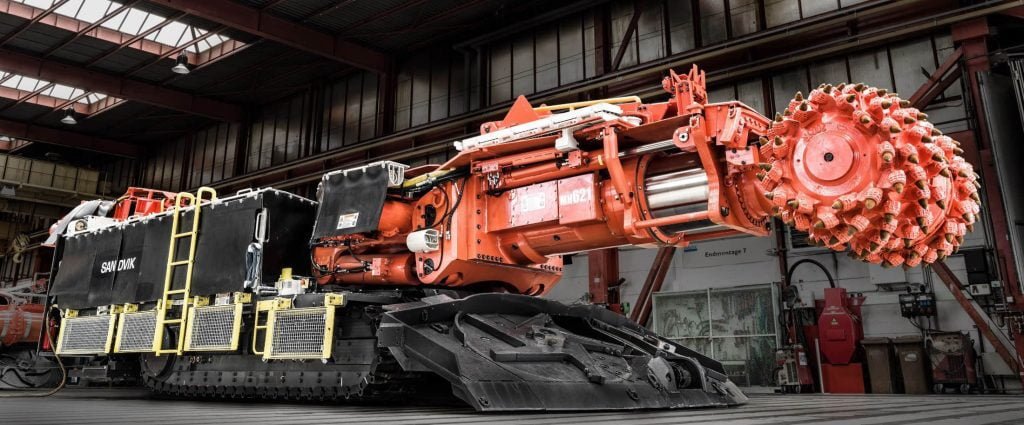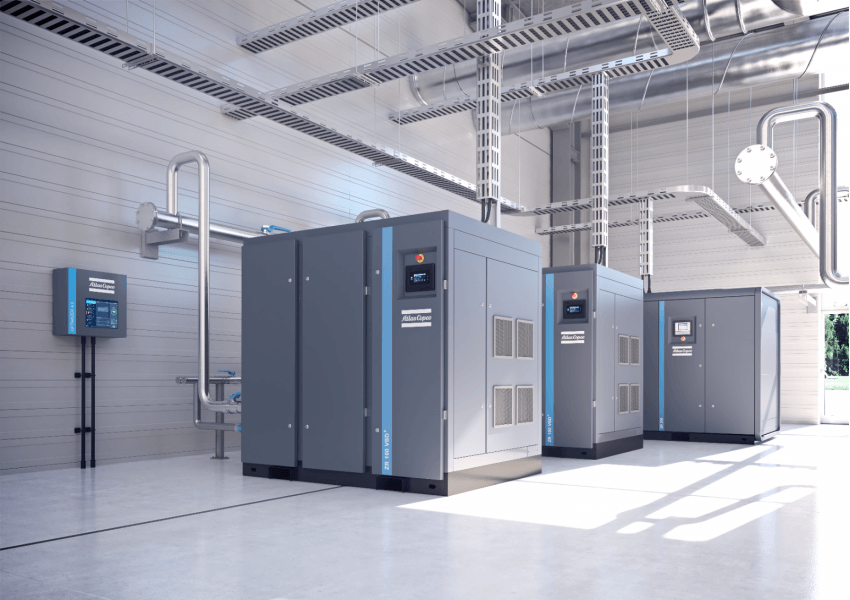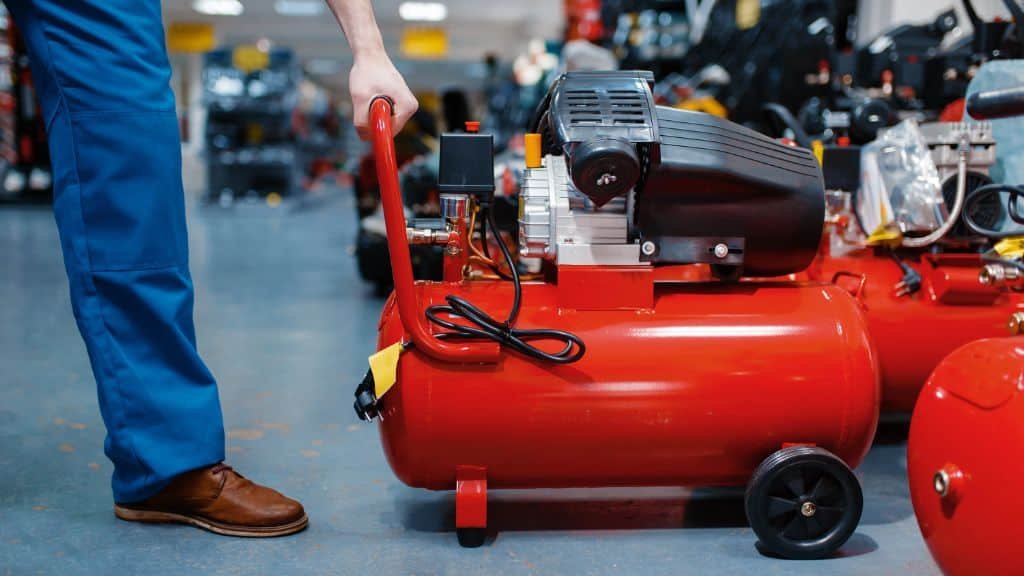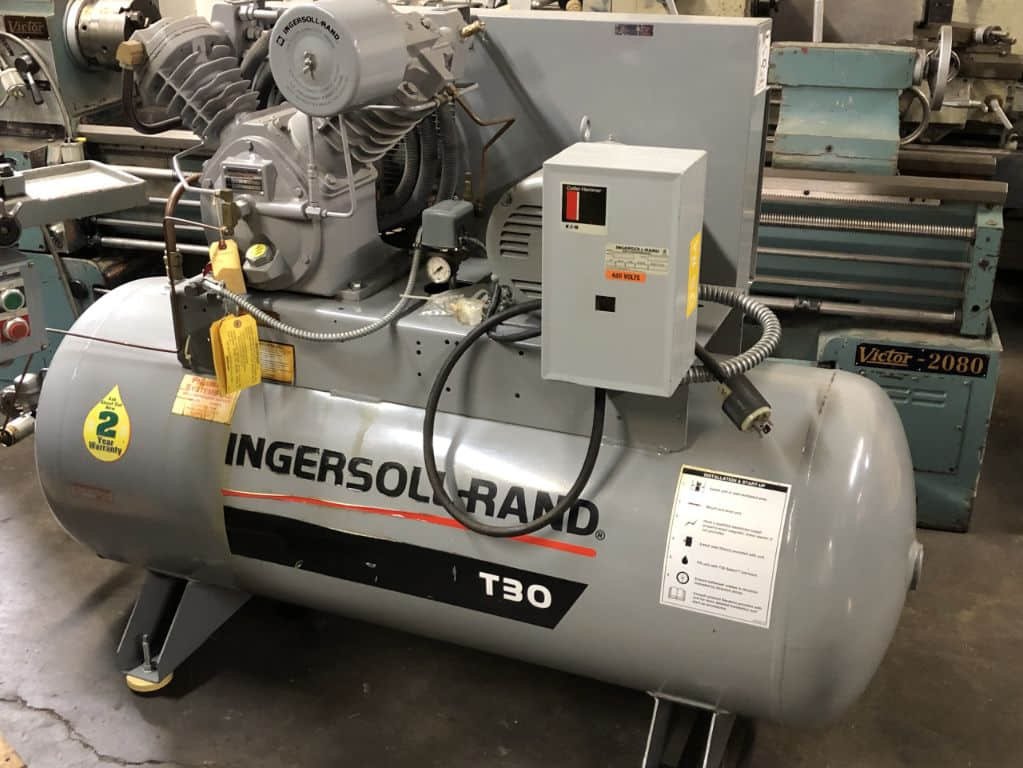Air compressors have been a crucial component of the manufacturing and construction industry for decades. From pneumatic tools to industrial processes, air compressors have been used for various applications. However, with the advancements in technology, the future of air compressors is evolving rapidly. In this article, we will explore the latest innovations and trends in air compressors that will shape the future of the industry.
Evolution of Air Compressors
Air compressors have come a long way since their inception. The early versions of air compressors were bulky and noisy, with limited portability. However, with the advancements in materials and technology, today’s air compressors are lightweight, efficient, and versatile. The latest advancements in air compressors include digital controls, wireless monitoring, and data analysis. These advancements have made air compressors smarter and more energy-efficient than ever before.
Innovative Air Compressors
The future holds innovative air compressors that are designed to meet the unique needs of various industries. For example, eco-friendly air compressors are increasingly popular due to the rising demand for sustainable solutions. These air compressors use renewable energy sources such as solar power and wind energy, reducing carbon footprint and enabling environmental sustainability. On the other hand, high-performance air compressors are becoming prevalent in industries that require high-speed and high-pressure capabilities.
Another type of innovative air compressor is the oil-free air compressor, which is becoming increasingly popular due to its energy efficiency and low maintenance requirements. These air compressors use advanced technology such as frictionless bearings and precision components, reducing the need for lubrication and resulting in lower operating temperatures and longer life spans.
Advanced Technology
The future of air compressors also holds advanced technology such as artificial intelligence, the internet of things (IoT), and predictive maintenance. These technologies enable air compressors to be more efficient, reliable, and responsive. For example, predictive maintenance uses machine learning algorithms to anticipate potential issues and schedule maintenance proactively. This technology can be integrated with the IoT, allowing air compressors to be monitored remotely and in real-time, enabling better analysis and optimization.
Industry Trends
Apart from the technological advancements and innovations, the industry trends are also shaping the future of air compressors. One such trend is the need for energy efficiency and reduced carbon footprint. Air compressors are responsible for a considerable amount of energy consumption in the manufacturing and construction industry, making them a primary target for energy-efficient improvements.
Another trend is the need for noise reduction and portability. With urbanization and increasing residential areas near industrial plants, noise pollution has become a significant concern. Air compressors that produce minimal noise and are lightweight and portable are becoming increasingly popular.
Conclusion
In conclusion, the future of air compressors is exciting and evolving rapidly. The latest technologies, eco-friendly solutions, and industry trends are shaping the industry, making air compressors more efficient, reliable, and sustainable than ever before. Staying up-to-date with the latest innovations and trends in air compressors will help you stay ahead in the industry and meet the evolving needs of your customers.




